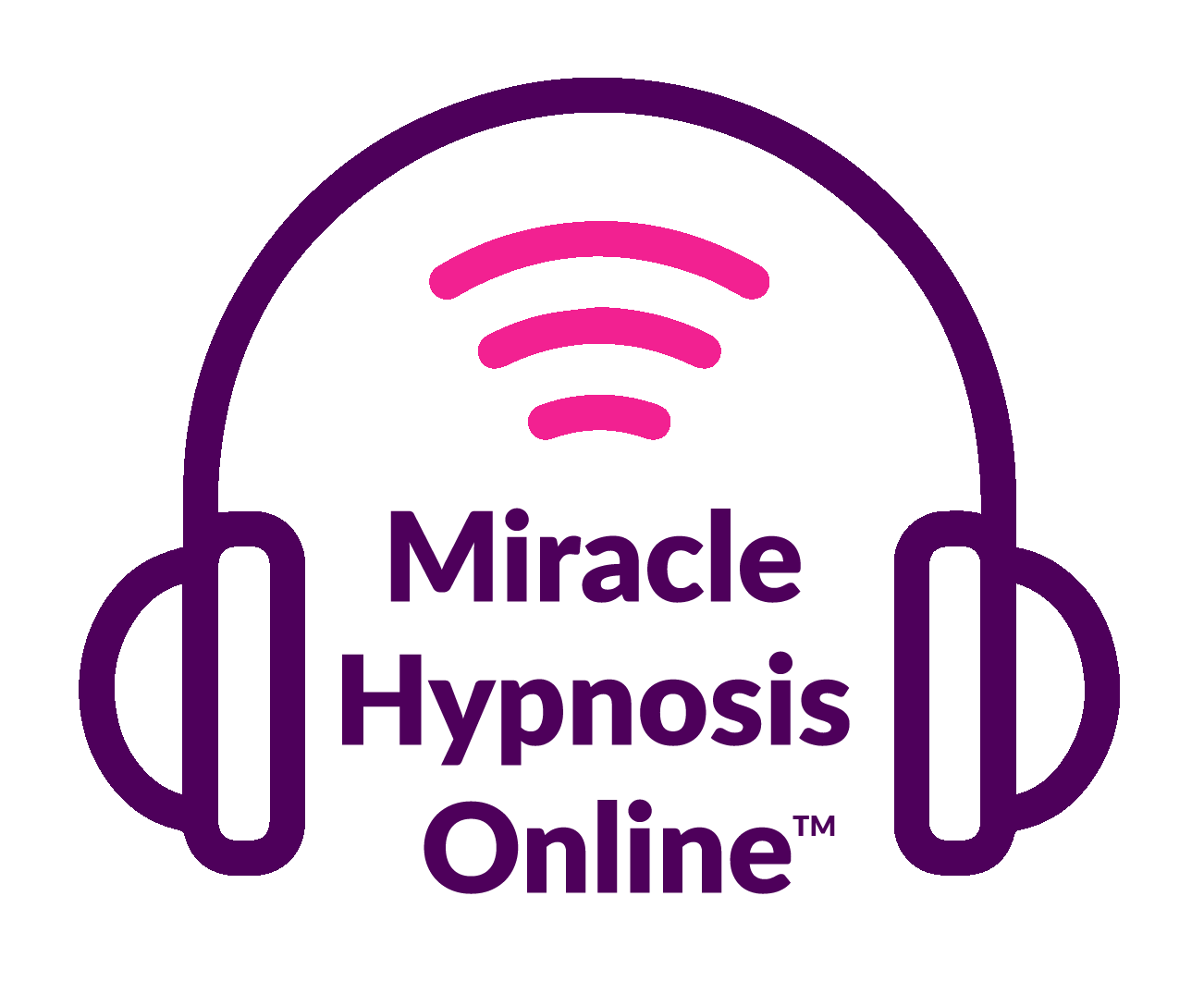Are You Guilty of Spiritual Bypassing?
Spiritual Bypassing describes the act of denying and suppressing negative emotions. In 1984, this term was created by John Welwood to express his experiences in a Buddhist community.
He defined it as “tendency to use spiritual ideas and practices to sidestep or avoid facing unresolved emotional issues, psychological wounds, and unfinished developmental tasks.”
The reason spiritual bypassing is being promoted in spiritual communities is due to the fear of sitting with heavy feelings that can cause a great level of discomfort. The intention behind spiritual bypassing is to push aside the emotions that way us down and to practice feeling good all day instead. Most people who join spiritual communities and begin their journey come from a lot of unresolved trauma, anger and pain. Therefore, spirituality is often viewed solely as a healing modality to experience inner peace. In many spiritual teachings, spiritual bypassing can be very subtle. The intention behind it is great, however being guilty of spiritual bypassing can result to emotional outburst, poor self-awareness and difficulties of self-acceptance.
Here are different ways we all participate in spiritual bypassing (also known as ‘toxic positivity’ in societial terms):
- Viewing anger, pain and sadness as destructive emotions
- Labels that belittle negative emotions, such as “Negative Nancy” or “Debbie Downer”
- High vibration teachings that look down on low vibrational feelings. The truth is that our feelings ebb and flow, and we all have a wave of emotions each day. It’s about not making low vibration your dwelling place.
- Condemning mental illnesses and fears
- Common terms used to glorify spiritual bypassing such as:
-
- “Good vibes only!”
- “Everything happens for a reason”
- “Just be positive”
What To Do Instead:
- Accept all parts of you – the good, the bad & the ugly. At the end of the day, we can’t know how happiness feels if we don’t know how sadness feels. You are NOT your thoughts or your feelings. They are simply one aspect of who you are.
- Avoid labelling emotions – Describing emotions as positive and negative is what causes us to turn away from certain ones, like worry.
- Develop Healthier Coping Mechanisms – Pushing our feelings away is a form of self-defense mechanism as we’re too scared to look fear in the eye. Look fear in the eye and develop a practice that helps you deal with the emotion, sit with it and allow it to pass out of your body.
- Practice self-compassion – The more you have self-compassion, the more compassionate you become with others. The less judgements you hold about yourself and your feelings, the less you do with others.
As spiritual beings, we are having a human experience. Part of the human experience is shedding all these layers we have. We are complex, multifaceted beings, and the only way to practice self-awareness is to take a good look at every aspect of ourselves and be okay with. The only way to heal & shift is through awareness.
Have you been guilty of spiritual bypassing?











